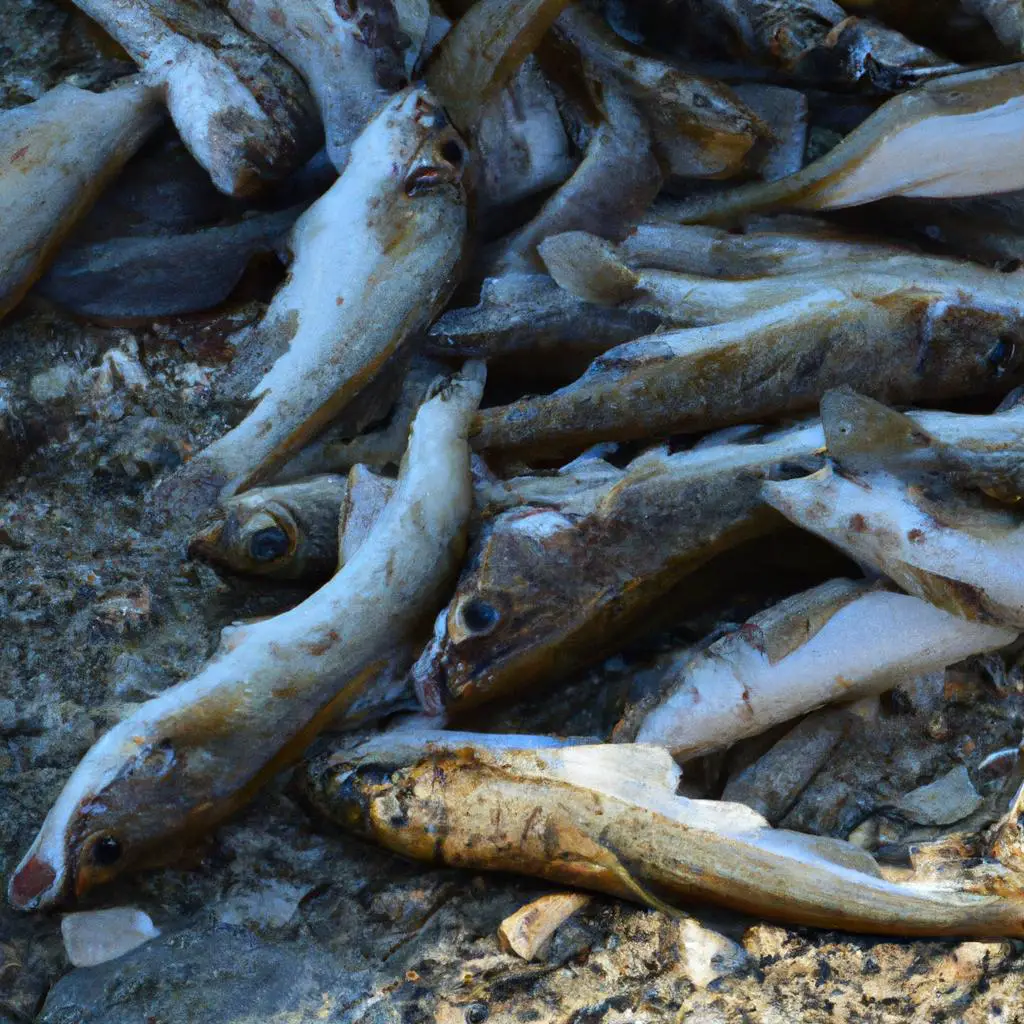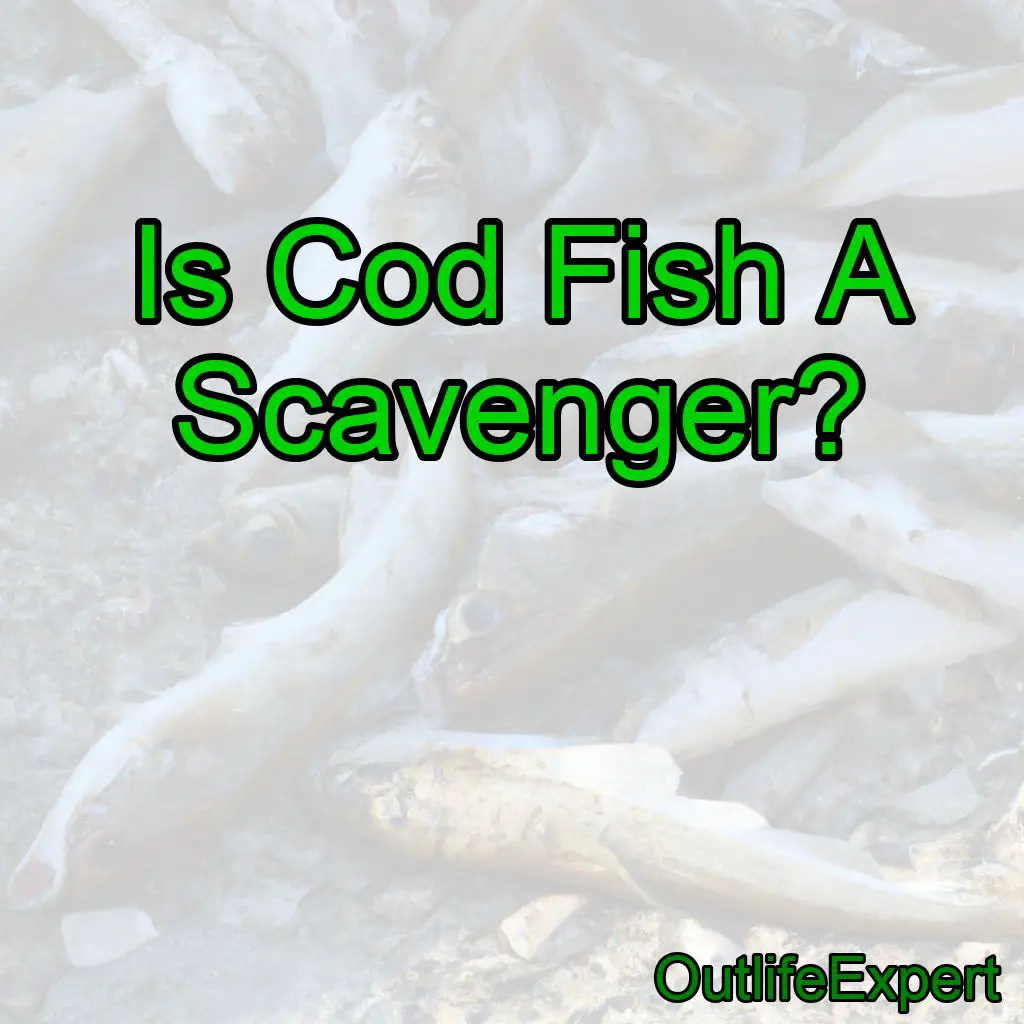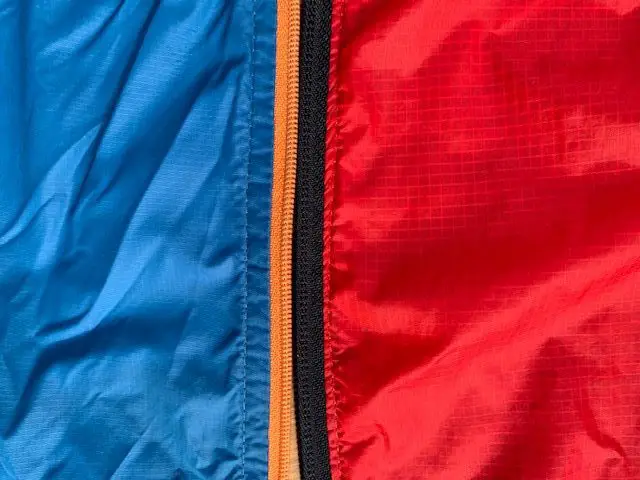Is Cod Fish a Scavenger?
The short answer is no, cod fish are not considered scavengers. They are active predators that hunt for their food. In this blog post, we will explore the biology and behavior of cod fish in depth, while debunking the myth that they are scavengers. As a marine biologist, I have had the privilege of studying this fascinating species up close and personal, and I am excited to share my knowledge and experiences with you.
The Biology of Cod Fish
Anatomy and Physiology
Cod fish are part of the Gadidae family, which also includes haddock, pollock, and whiting. They are generally large fish, with some individuals reaching over 200 pounds in weight and 6 feet in length. Cod fish have three dorsal fins and two anal fins, as well as a prominent lateral line that runs along the length of their body. This lateral line is a sensory organ that helps the fish detect movement and vibrations in the water, allowing them to locate prey and avoid predators.
Reproduction and Growth
Cod fish have a relatively fast growth rate, reaching sexual maturity at around 2-4 years of age. They spawn in large groups, with females laying millions of eggs at a time. The eggs are pelagic, meaning they float in the open water rather than being attached to a substrate. This allows for a wide dispersal of the eggs, increasing the chances of survival for the offspring.
Diet and Feeding Habits

Cod fish primarily feed on smaller fish such as herring, capelin, and sand eels, as well as invertebrates like shrimp and squid. They are opportunistic predators, meaning that they will eat whatever is available and abundant in their environment. However, this does not mean that they are scavengers. Scavengers are animals that consume dead or decaying organic matter, while cod fish actively hunt for their food.
Cod Fish Behavior
Hunting Strategies
Cod fish are ambush predators, meaning that they rely on stealth and surprise to catch their prey. They will often hide amongst seaweed, rocks, or other structures, and wait for an unsuspecting fish to swim by. Once their prey is within reach, the cod will quickly lunge forward and engulf the prey in its large mouth, swallowing it whole.
Schooling Behavior
Cod fish are known to form large, dense schools, particularly during spawning season. This schooling behavior provides several benefits, including increased protection from predators and more efficient foraging. By swimming together in a coordinated manner, the school can create a “bait ball” effect, where they corral smaller fish and make it easier for the cod to catch their prey.
The Myth of Cod Fish as Scavengers
Origins of the Misconception
The misconception that cod fish are scavengers likely arises from their opportunistic feeding habits. Because they will eat whatever is available and abundant in their environment, they may sometimes be seen feeding on dead or dying fish. However, this behavior does not make them scavengers. Scavengers are animals that primarily consume dead or decaying organic matter, while cod fish actively hunt and consume live prey.
Implications of the Misconception
Labelling cod fish as scavengers can have negative implications for their conservation and management. Scavengers are often seen as “dirty” or “undesirable” animals, and this perception can lead to a lack of public support for conservation efforts. Additionally, misidentifying cod fish as scavengers can lead to inaccurate assessments of their role in the ecosystem, which can have consequences for fisheries management and the overall health of marine ecosystems.
Cod Fish in the Ecosystem
Ecological Role
Cod fish play a crucial role in the marine ecosystem as both predators and prey. Their predation on smaller fish and invertebrates helps to regulate prey populations and maintain a balanced food web. At the same time, cod fish are an important food source for larger predators such as seals, sharks, and even humans.
Fisheries and Overfishing
Cod fish have long been a staple food source for humans, particularly in North America and Europe. Due to their large size, fast growth rate, and schooling behavior, they are an attractive target for commercial fisheries. Unfortunately, this has led to overfishing of cod populations in many parts of the world. Overfishing not only threatens the long-term sustainability of the cod fishery but also has cascading effects on marine ecosystems, as the loss of an important predator can lead to imbalances in the food web.
Conclusion
To answer the question, “Is Cod Fish a Scavenger?”, we can confidently say that no, cod fish are not scavengers. They are active predators that play a vital role in maintaining the balance of marine ecosystems. Here are ten quick facts about cod fish to help further dispel the misconception that they are scavengers:
1. Cod fish are part of the Gadidae family, which also includes haddock, pollock, and whiting.
2. They can grow to be over 200 pounds and 6 feet in length.
3. Cod fish have a prominent lateral line that helps them detect movement and vibrations in the water.
4. They reach sexual maturity at 2-4 years of age and spawn in large groups.
5. Cod fish primarily feed on smaller fish and invertebrates such as herring, capelin, shrimp, and squid.
6. They are opportunistic predators, meaning they will eat whatever is available and abundant in their environment.
7. Cod fish are ambush predators that rely on stealth and surprise to catch their prey.
8. They form large, dense schools, particularly during spawning season.
9. Cod fish play a crucial role in marine ecosystems as both predators and prey.
10. Overfishing of cod populations threatens their sustainability and can have cascading effects on marine ecosystems.
So, the next time someone asks you if cod fish are scavengers, you can confidently correct them and share your newfound knowledge about this fascinating and ecologically important species.
FAQs
Is cod a good fish to eat?
Yes, cod is a good fish to eat. It is a low-fat source of protein and is rich in vitamins and minerals such as vitamin B12, selenium, and phosphorus. However, it is important to choose sustainably sourced cod to ensure that its populations are not overfished.
Is Alaskan cod better than Pacific cod?
There is no definitive answer to this question as both Alaskan and Pacific cod are high-quality fish with similar flavor and texture. However, Alaskan cod is generally considered to be more sustainable and responsibly sourced than Pacific cod, which may be a consideration for some consumers. Ultimately, the choice between the two types of cod may come down to personal preference and availability.
What is the best type of cod to eat?
The best type of cod to eat is wild-caught Atlantic cod from sustainable fisheries, as it is a healthy and environmentally responsible choice.
Which sea animals are scavengers?
Some examples of sea animals that are scavengers include crabs, lobsters, shrimp, and some species of fish such as catfish and hagfish.
Which cod fish is better?
It depends on personal preference and intended use. Both Atlantic and Pacific cod are popular choices for cooking and have similar nutritional profiles.
What kind of fish is a cod?
A cod is a type of saltwater fish that belongs to the family Gadidae.





